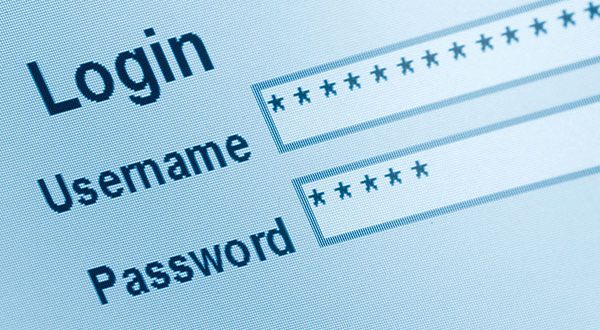Internet Security Essentials for Businesses
 The internet is constantly changing the way we do things, everything from communicating with friends to shopping for groceries. Of course, we all know how much the internet is changing the way people do business. While the internet can make doing business easier, there are security issues that small business owners and entrepreneurs should be aware of when operating online. The U.S. Chamber of Commerce released the Internet Security Essentials for Business guide. The guide emphasizes the following points:
The internet is constantly changing the way we do things, everything from communicating with friends to shopping for groceries. Of course, we all know how much the internet is changing the way people do business. While the internet can make doing business easier, there are security issues that small business owners and entrepreneurs should be aware of when operating online. The U.S. Chamber of Commerce released the Internet Security Essentials for Business guide. The guide emphasizes the following points:
- All businesses should understand common online risks that may lead them to become victims of cybercrime. This guide is ultimately about business preparedness and resilience.
- Perfect online security is unattainable, even for large businesses. But there are inexpensive practices that can be implemented to improve the security of your information, computers, and networks.
- Businesses need to know how and to whom to report cyber incidents and online crime.
- Cybersecurity is a team sport. Taking the actions recommended in this guide will have positive consequences for the security of businesses, communities, and the country. The interconnectedness of computers and networks in cyberspace means that the public and private sectors share responsibility.
The U.S. Chamber has also teamed up with Microsoft Trustworthy Computing to provide businesses with an internet safety at work toolkit that teaches employees how to protect company information, customer data, and their own personal information. Here are the highlights from the Internet Safety at Work PowerPoint presentation:
- Defend your computer: All it takes is three simple steps: install all updates, log off when you leave your desk, lock up your laptop when you leave work.
- Protect sensitive data: Make sure you think before you enter sensitive data, be suspicious of attachments and links, look out for scams and fraud, and create strong passwords.
- Think before you type by looking for the https (the “s” is for secure) and closed padlock in the web address bar of your browser.
- Think before you click by being suspicious of e-mail and IM attachments and links as well as messages within social sites.
- Be aware of tricks that make you click such as alarming messages, misspellings and grammatical errors, great deals, and requests for sensitive info.
- Make sure to create strong passwords by keeping them secret, changing them often and making them strong. A strong password contains at least 8 letters, symbols, and numbers and is not a word found in the dictionary.
- Protect devices on the go: Make sure your devices have the latest protection, guard devices like you do your wallet, don’t hand-carry sensitive data, and use caution if using a thumb drive in another computer.
Internet safety for business is becoming more and more important today. There is a lot more detailed information available through Google and other sources.

